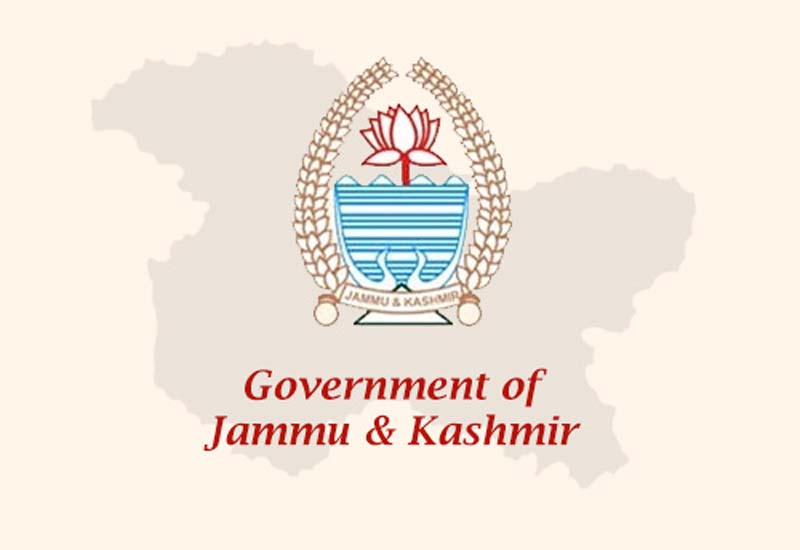No Litigation Officer in maximum districts of State
Committees to review implementation on papers only
Mohinder Verma
JAMMU, June 5: Despite being aware of the fact that litigations against the State and its various agencies are burgeoning, the Government has failed to act on the key provisions of the State Litigation Policy, which was drafted nearly eight years back. Even no mechanism has been put in place to review the implementation of policy after regular intervals.
The State Litigation Policy was notified by the Department of Law, Justice and Parliamentary Affairs vide Government Order No.2486-LD(A) dated August 24, 2011 with the objectives of ensuring speedy disposal of the pending cases in different courts across the State and better coordination between the Law Department and the courts.
“In order to carry the affects of State Litigation Policy to grass-root level, District Litigation Officers are required to be appointed by the Law Department and they should be of the rank of Under Secretary who shall have to be equipped with full manpower as the litigation against the State in districts goes unchecked and sometimes it has heavy financial implications”, read Paragraph-D of Chapter 1 of the State Litigation Policy.
Initially, this vital aspect received required attention of the Government and accordingly 11 Litigation Officers were appointed under promotion quota. Each Litigation Officer was given the responsibility of two districts.
“However, from time to time District Litigation Officers were transferred to other posts but new officers were not deputed to look after the duties and responsibilities of District Litigation Officers as a result of which at present there is only one District Litigation Officer in whole of Jammu province”, official sources told EXCELSIOR, adding “similar is the situation in Kashmir province”.
Moreover, no step has so far been initiated to get the High Court stay vacated on appointment of District Litigation Officers through direct recruitment process, sources said while disclosing that in the absence of District Litigation Officers the staff posted for their assistance in the districts is sitting idle as such burdening the State exchequer.
It is pertinent to mention here that District Litigation Officers have key role to play in ensuring close liaison with the Nodal Officers posted by the Administrative Departments and State counsels. Moreover, the District Litigation Officers are supposed to have day to day information of State litigation in the districts and tehsils.
“In the absence of District Litigation Officers the Directors Litigation are finding it difficult to submit periodic reports about pendency, nature of cases and stage at which the matters are pending and the defence of the State departments in various districts to the Administrative Secretary of Law, Justice and Parliamentary Affairs Department”, sources pointed out.
Paragraph-F of Chapter 1 of the State Litigation Policy states: “There shall be State Empowered Committee to monitor the implementation of policy and to ensure overall accountability. Moreover, the Law Officers and the Heads of the Departments will ensure that all relevant data is sent to the Empowered Committee, which shall be headed by Advocate General of the State. There will also be two Provincial Empowered Committees headed by Senior Additional Advocate General”.
These Empowered Committees have not been formally constituted what to talk of monitoring the implementation of policy after regular intervals”, sources said, adding “the non-serious approach on this aspect is notwithstanding the fact that State Empowered Committee is required to receive and deal with the suggestions and complaints including from litigants and Government departments so as to take appropriate corrective measures”.
Moreover, the State Empowered Committee has an important role to play in the appointment of Government Counsels, sources said, adding “State Empowered Committee, as per the State Litigation Policy, is required to prepare a panel of lawyers who it thinks can effectively represent Government in the High Court. While doing so, the Empowered Committee will take into consideration the efficiency, reputation and integrity of the lawyers”.
“Unless serious attention is paid towards these provisions, State Litigation Policy is not going to yield the desirable results”, sources said.


